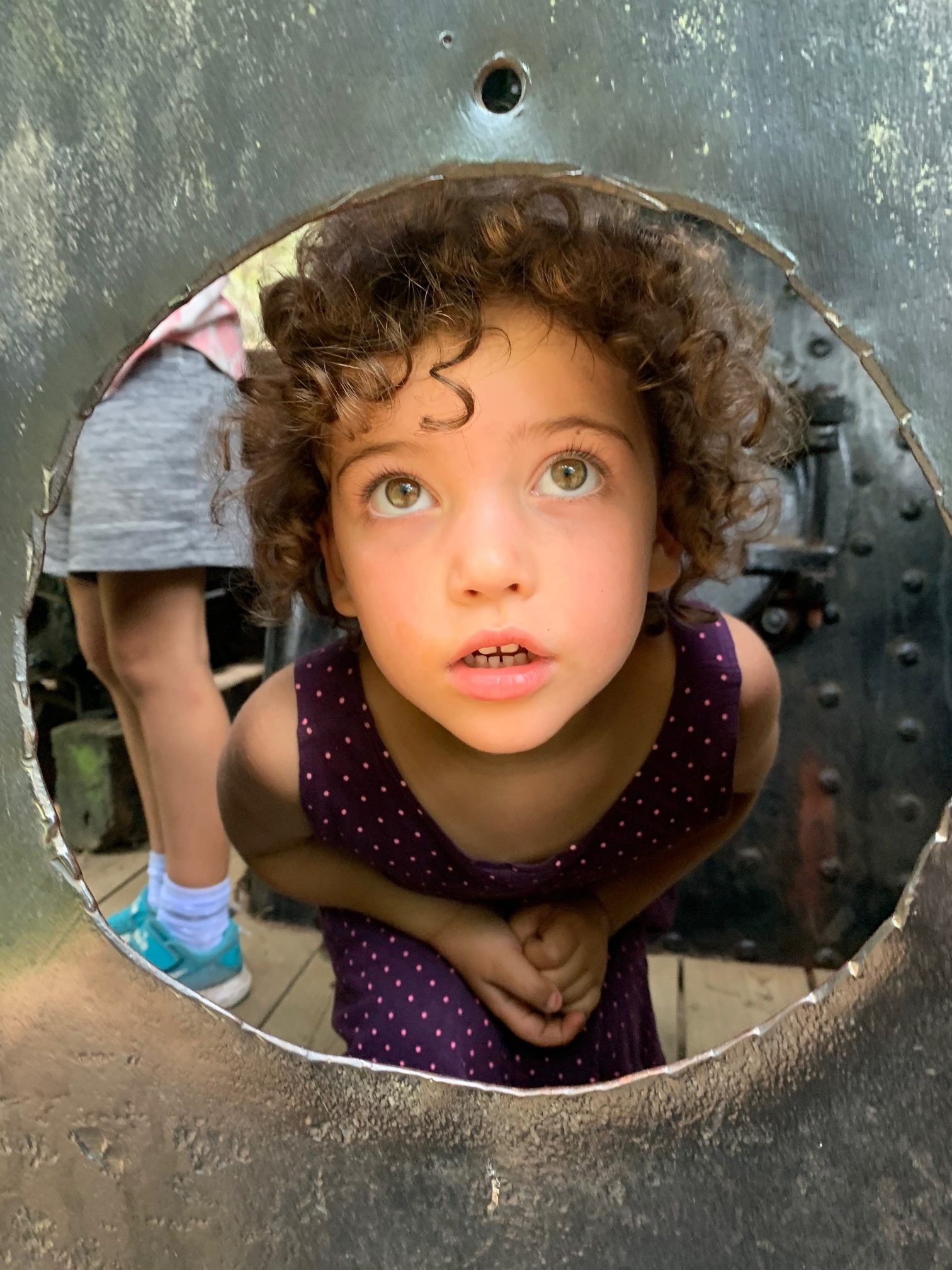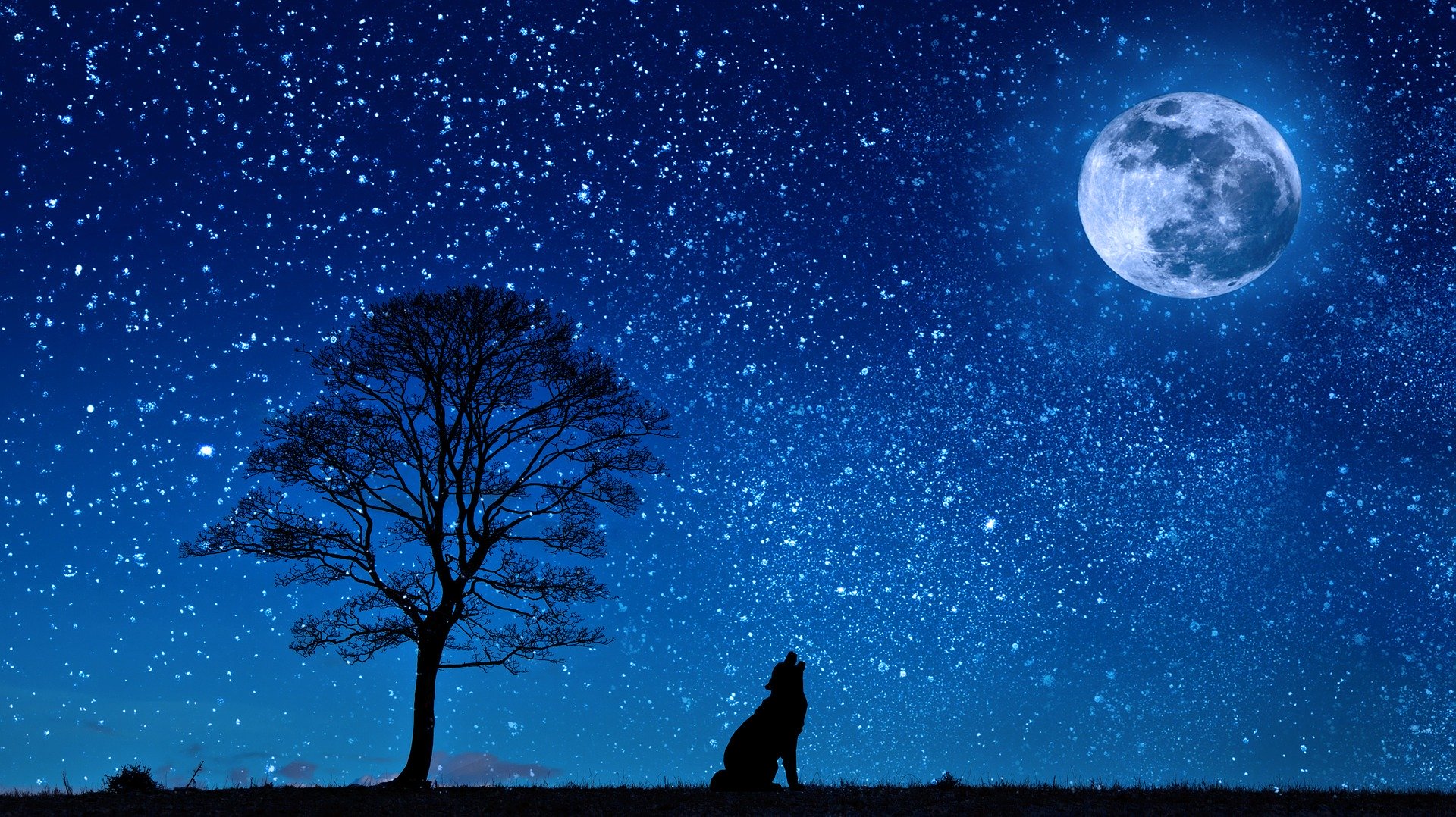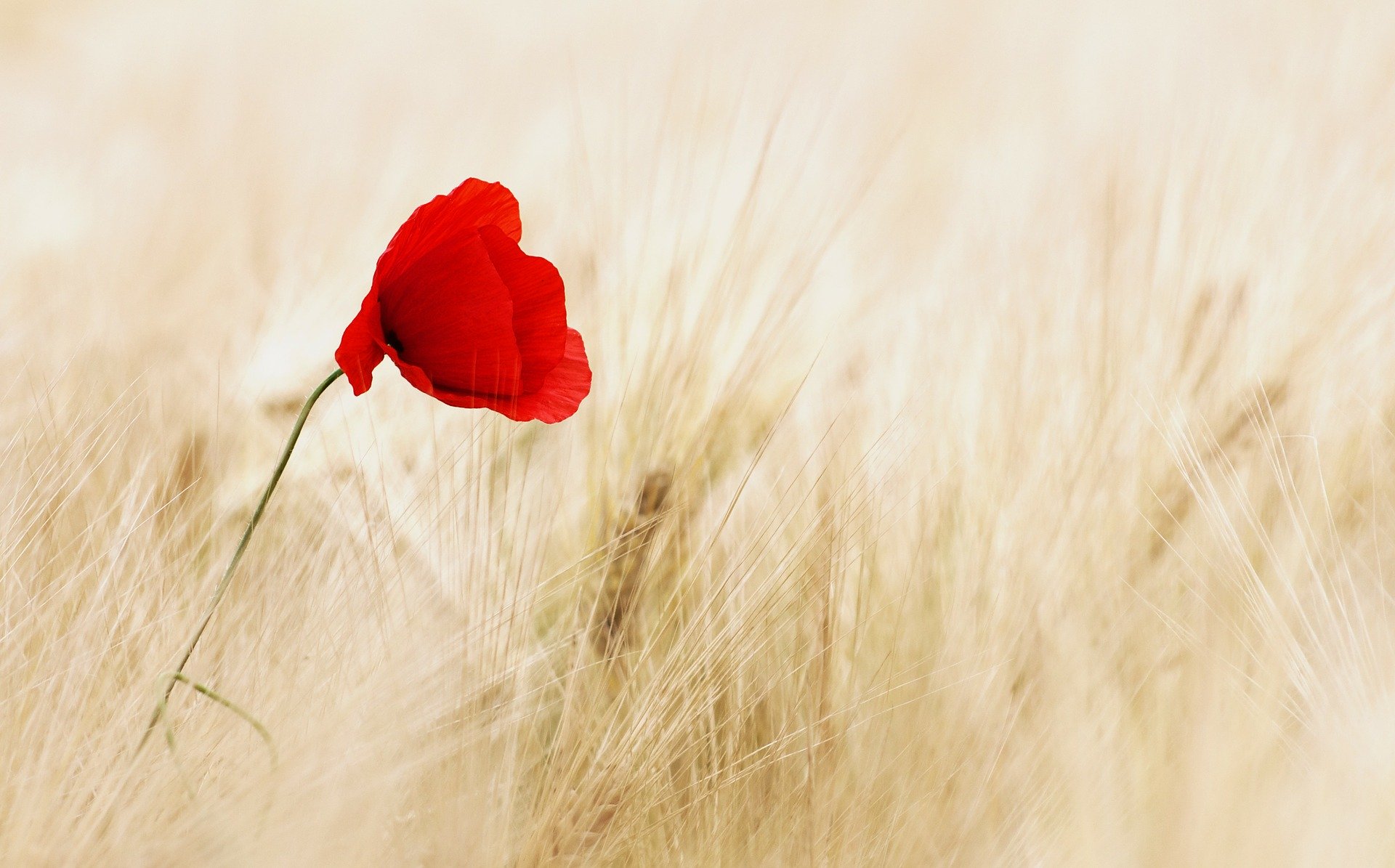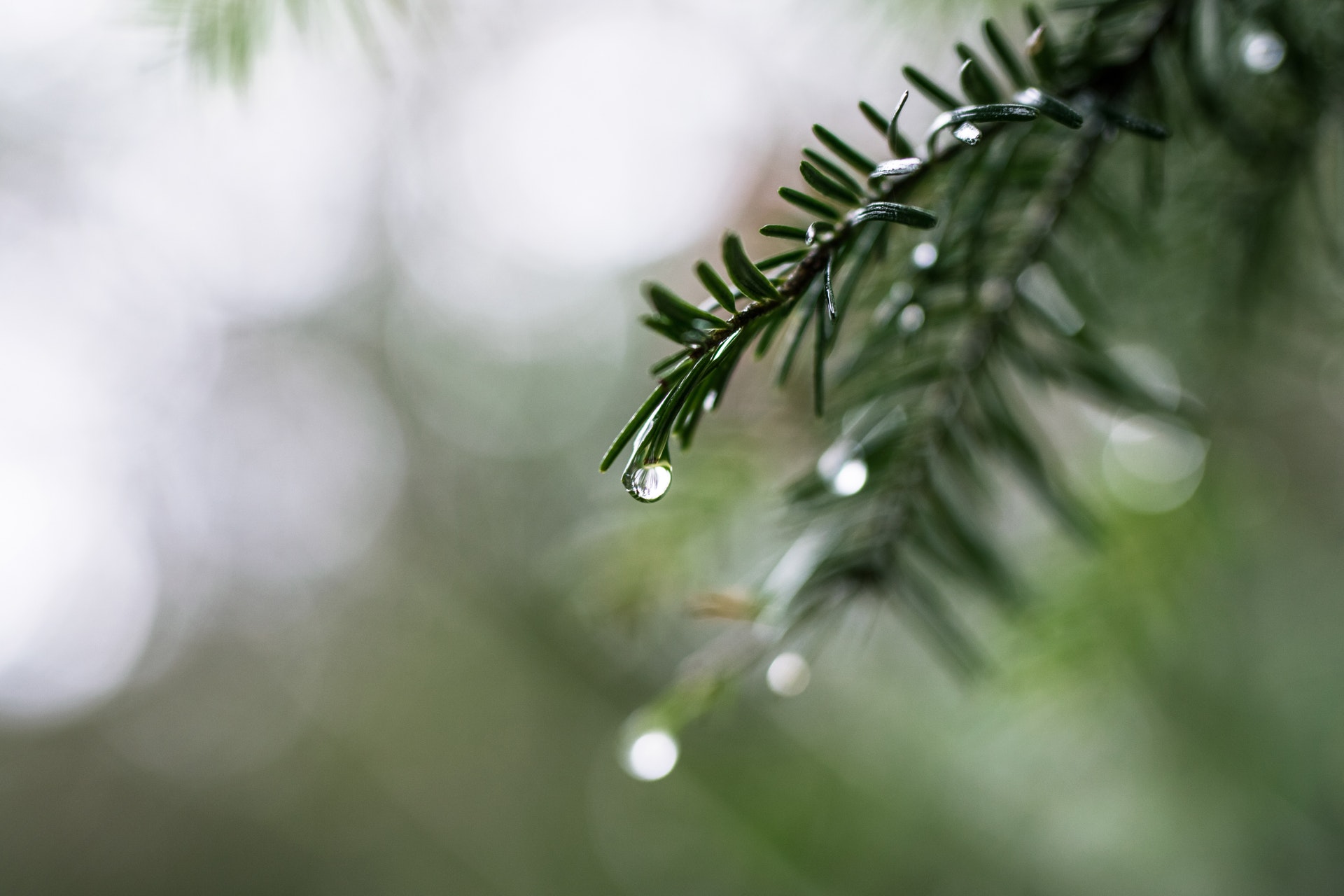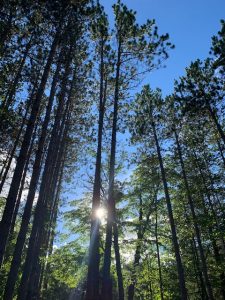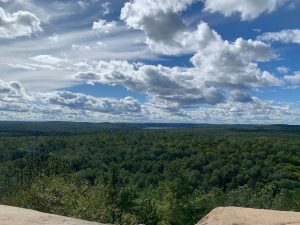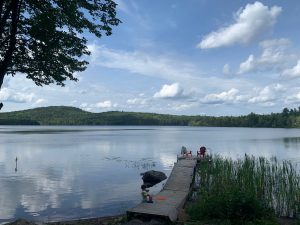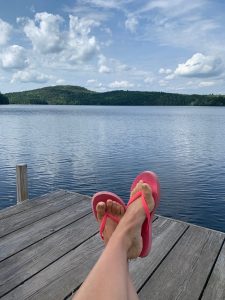September’s pace hits you in the belly, takes the breath right out of you. Perhaps the greatest indicator are the sounds coming in through my bedroom window from outside at six in the morning. The squealing breaks of large trucks, engines turning over, wheels pressed against pavement. These are not weekend sounds, rumpled sheets, the hot sizzle of oil in the frying pan or the smell of bacon and maple syrup. Another car drives by this morning. Even the sky is screaming with jet engines. Busy, busy, busy. All going somewhere.
Sometimes I want to turn it all off, make the noise go away. I check my phone and my day begins listening to a video of a friend crying. On a phone call with a friend last night, discussing writing, she reminds me that our brains don’t know the difference between real trauma and trauma we relive through our writing, in terms of the toll trauma takes on our bodies, our wellbeing. We feel trauma at a visceral level when we remember it and we actually reexperience it. Does my brain understand the difference between my friend recording a video of herself crying last night and that my friend is likely sleeping soundly when I watch the video today? Probably not. I feel sad when I watch the video because I see her pain, no longer real, but that once was so and were she to be reminded about it, she might be sad all over again too. But maybe not. Perhaps that was a particularly sensitive moment and she’s moved on. Without being there in person myself, I’ll never know the full context.
Online, even when we aren’t there, we are there. Through video and Zoom, we are everywhere now. I’m not sure if my brain knows the difference: that I am not actually going everywhere, it just feels that way. My body, my mind, have travelled into the city, across the country from one side to the other all in one day, and it’s tiring. We feel exhausted, fatigued. Burnt out.
I do have a remedy for this. My dog is my lifeline. I HAVE to walk him/run him/play with him. He gets me outside. Outside this time of year is the sound of crickets chirping, the hot sun beating on my bare arms, fading colour and fresh air with a whiff of decay. In town, it’s the cries of children in the school yard and the barks of dogs greeting passersby. Out of town, it’s trees and dappled light, stretching shadows, dusty footsteps along a well-trodden path.
My dog, my children, they are in the present moment. They are my real life. There is no such thing as past traumas, only the right-here-right-now of the moment. I am filling in a form for the school before I go back to the email I was in the middle of typing before I had to pick the kids up, before I phone that person back, before I join my next Zoom call, before, before…
“Mommy,” says Penelope, my youngest, “come play hockey with me in the backyard.”
“Okay.” I drop the pen and the form. This time they can wait, my four-year-old can’t. Or rather, she can, but real-life beckons.
While Zoom may take me to far-off places, my children keep me right where I am, right where I am meant to be.
Outside we go and the sun is blazing, the grass needs to be cut. Penelope hacks away at a tennis ball with her plastic stick. I teach her to always keep two hands on your stick, see, like this? the way my dad taught me. She hacks at the ground. Lower, quick, like this – see? She pauses to look at me, her eyes hold me and she smiles, delighted to have her mom all to herself. In the flesh. This connection between us cannot be replicated on any screen, or rather, it can, a scene in a movie perhaps, the mother dropping what she’s doing to make time for her youngest, a heartening scene that evokes emotion. The listener feels something, real emotion, love even, that approximates the real thing. But do not be fooled. My phone doesn’t love me. My computer screen does not love me. Exchanged in that glance was authentic real-life, an in-person exchange that cannot be replicated again. The exchanges of real-life are the fabric of the universe, not what happens on a screen. I’m trying to remember that. To tell my body to slow down, step away, get outside and into the folds of the universe. We pass the tennis ball back and forth between us; she hits it really far and we cheer. Our happy cries ring out and there is no replacing this real thing.

